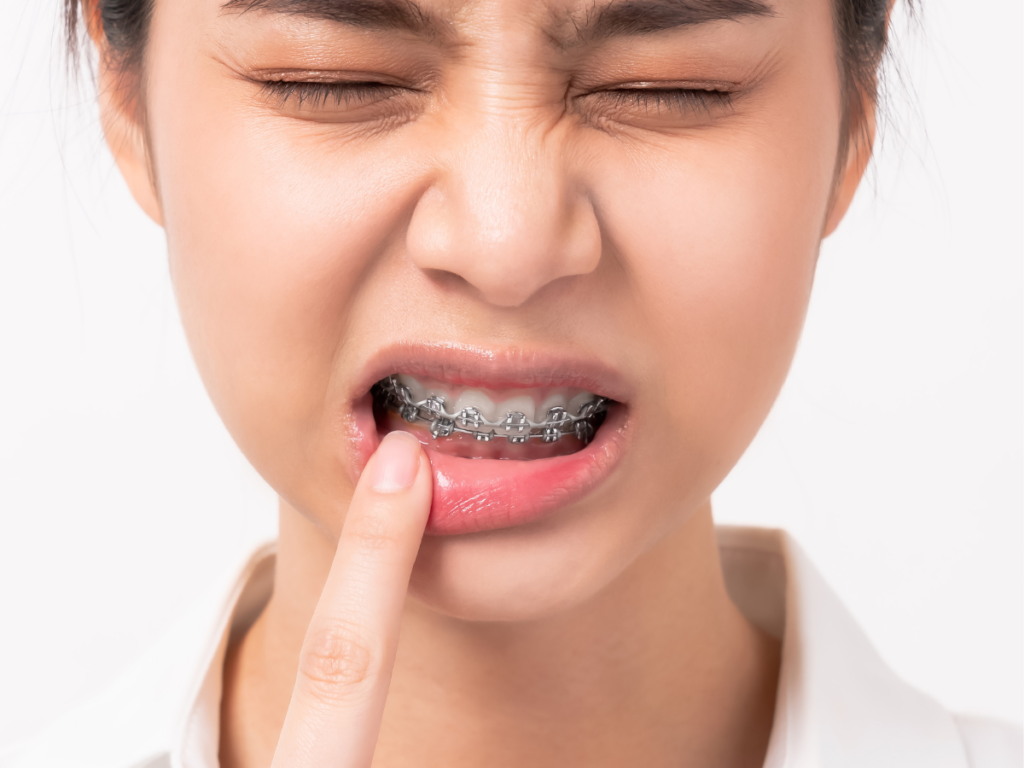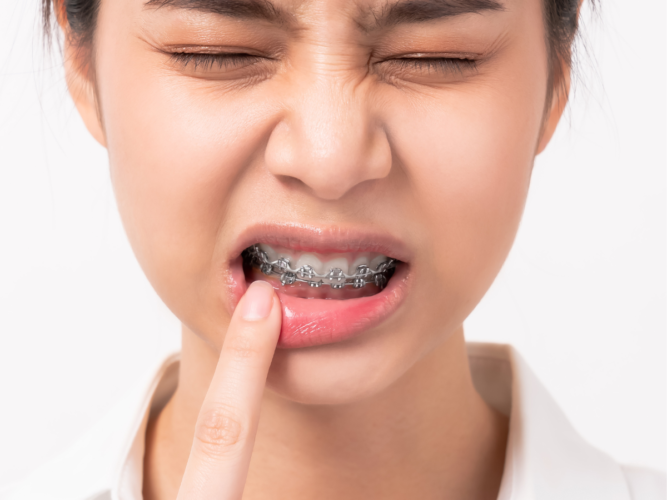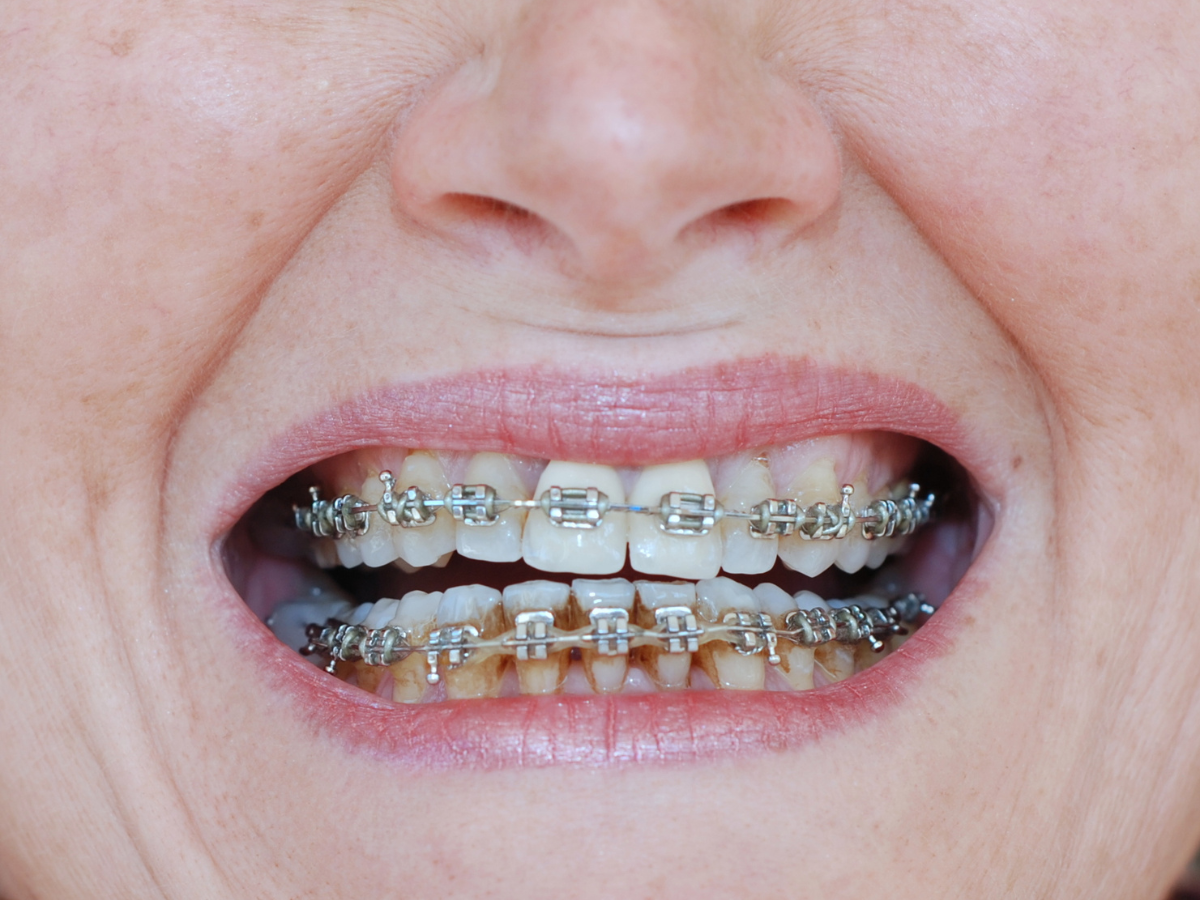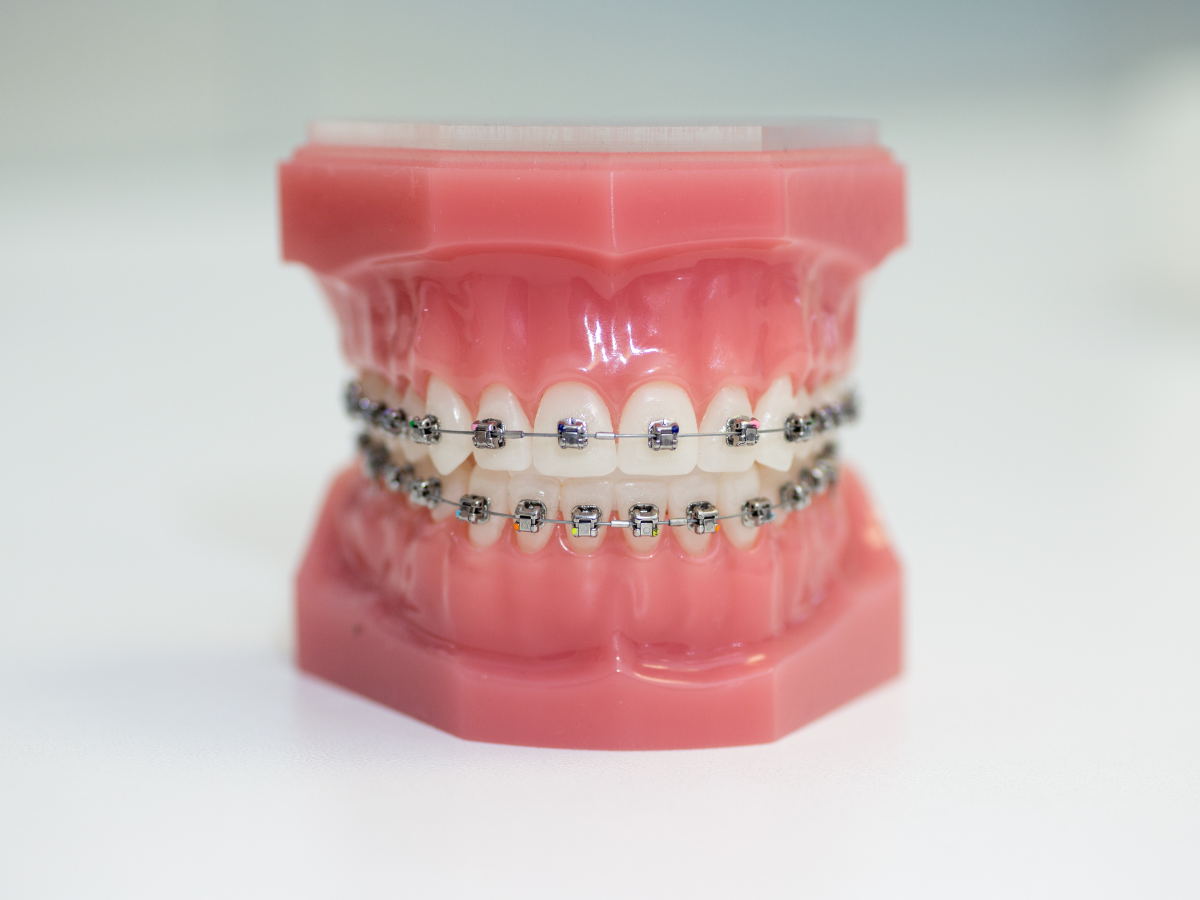Certainly! Dealing with the inconvenience of cuts or sores in the mouth while undergoing orthodontic treatment with braces is a common challenge. Though the end goal of achieving a stunning, perfectly aligned smile makes the journey worthwhile, these unexpected discomforts can be quite bothersome. The irritation and soreness that arise from the contact of brackets and wires with the delicate tissues inside the mouth are often an unwelcome surprise.
However, fret not—there’s a silver lining. By understanding the reasons behind these cuts and implementing some effective coping strategies, it’s entirely possible to navigate this phase with minimal discomfort. In this blog, we’ll delve into the root causes of these cuts from braces and provide a comprehensive array of practical tips and tricks to not just endure but conquer this common conundrum.
Understanding Cuts in Mouth from Braces
Braces are primarily used to align and straighten teeth, but the brackets, wires, and bands can sometimes cause irritation or cuts inside the mouth. The following factors can contribute to these cuts:
Abrasion from Brackets and Wires:
The metal brackets and wires of braces can rub against the inner cheeks, lips, and tongue, causing irritation and cuts. Especially right after adjustments, the wires might poke or rub against the soft tissues in the mouth, leading to soreness.
Sensitivity and Adjustment Period:
When braces are initially installed or after adjustments, the mouth may need time to adapt to the new positioning of the brackets and wires. During this period, the soft tissues in the mouth can get irritated and develop sores.

how to heal cuts in mouth from braces?
1. Orthodontic Wax Application:
An orthodontic wax is a soft, malleable wax that can be applied over the brackets and wires to create a smooth surface, reducing irritation and potential cuts. Simply mold a small piece and place it over the area causing irritation.
2. Rinse with Saltwater:
Gargling with warm saltwater can help alleviate discomfort and aid in healing. Pour a cup of warm water over a teaspoon of salt, then swish it about in your mouth for about 30 seconds before spitting it out. For relief, repeat a couple times daily.
3. Over-the-Counter Remedies:
A number of over-the-counter medications, like numbing creams or oral gels, are made expressly to ease the discomfort and mouth sores brought on by braces. They can numb the afflicted areas, which can offer some temporary comfort.
4. Avoid Irritating Foods:
During the adjustment period, steer clear of hard, crunchy, or sticky foods that can exacerbate the irritation caused by braces. Opt for softer foods that are gentler on the mouth.
5. Maintain Oral Hygiene:
Proper oral hygiene is essential to prevent further complications. Brush your teeth carefully and regularly, making sure to clean around the brackets and wires. Use a soft-bristled toothbrush and be gentle to avoid aggravating the cuts.
6. Orthodontic Relief Gel:
Some orthodontic relief gels are designed specifically for braces patients. These gels can form a protective barrier over the irritated area and provide relief.
7. Use a Mouthguard:
If the irritation is primarily due to the wires, ask your orthodontist about using a silicone mouthguard. These guards cover the braces, offering a protective layer between the braces and the soft tissues of the mouth.
8. Stay Hydrated:
Drinking an ample amount of water keeps the mouth hydrated, helping reduce friction between the braces and the soft tissues, thus minimizing irritation.
9. Soft Foods and Avoidance of Irritants:
While your mouth is adjusting to the braces, opt for softer foods that are gentle on the mouth. Avoid hard, crunchy, or sticky foods that can exacerbate the irritation. Additionally, steer clear of acidic or spicy foods that may cause further discomfort.
10. Cold Compresses:
Applying a cold compress to the outside of your mouth can help reduce swelling and provide some relief from the discomfort caused by cuts or sores inside your mouth.
When to Consult Your Orthodontist
If the cuts or sores persist for an extended period or become increasingly painful, it’s crucial to consult your orthodontist. They can provide further advice and might adjust the braces to alleviate the discomfort. Additionally, they can check for any sharp edges or issues with the braces causing the irritation.
Conclusion
Navigating cuts and sores from braces is a typical aspect of the orthodontic journey. Though uncomfortable, these issues are usually controllable with proper care and simple home remedies. Maintaining good oral hygiene, utilizing orthodontic wax, and rinsing with saltwater are effective ways to ease discomfort. It’s essential to remain patient and positive during this phase as your mouth gradually adjusts to the braces.
To learn more about signs of tooth decay while wearing braces, you can check out our dedicated blog. Remember, a combination of proper care for cuts from braces and vigilance against tooth decay is essential for a healthy, beautiful smile.



